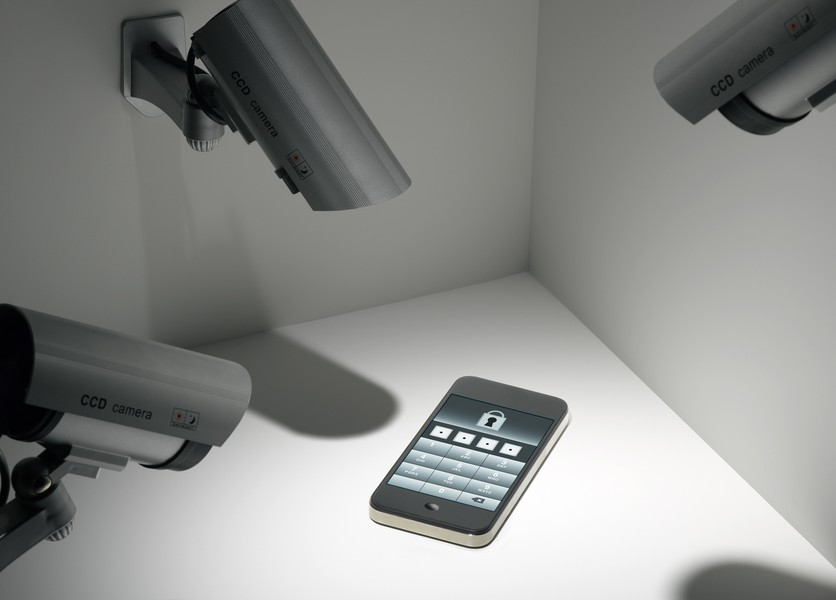With the rapid advancement in technology and concerns about privacy, it's natural to question whether our phone conversations are being monitored. While it may be challenging to determine definitively if someone is eavesdropping on your calls, there are certain signs and precautions you can take to protect your privacy. In this article, we will explore some key indicators that may suggest your phone conversations are being monitored and provide practical steps to safeguard your privacy.
1. Battery Drain:
One noticeable sign of potential phone monitoring is unusually fast battery drainage. If your phone's battery starts to deplete faster than usual, it could be due to monitoring activities. Malicious software or hidden spyware running in the background may consume additional battery power, leading to faster depletion. Keep an eye on your battery usage and be suspicious if it drains significantly faster than before.
2. Strange Noises or Echoes:
While having occasional technical issues during phone calls is common, persistent and unusual background noises or echoes may indicate that your phone conversation is being monitored. These sounds can occur due to surveillance devices or software interferencing with your call. Pay attention to any unusual auditory signs during your conversations, especially if they appear consistently.
3. Unusual Phone Behavior:
Do you notice your phone behaving strangely, such as unexpected shutdowns, unusual apps appearing, or frequent freezes? These unusual behaviors can be potential red flags for phone monitoring. Monitoring software, malware, or spyware can interfere with the regular functioning of your device, causing these abnormal behaviors. If you experience unexplained malfunctions, it's a good idea to investigate further.
4. Increased Data Usage:
Another indicator of potential phone monitoring is a sudden spike in data usage, especially when you haven't changed your browsing or downloading habits. Surveillance software may send captured information, such as recorded calls, texts, or location data, to external servers, resulting in increased data usage. Regularly monitor your data usage patterns to detect any unusual spikes that could suggest monitoring activities.
5. Background Noise during Calls:
During a phone conversation, if you hear unfamiliar background noises, clicking sounds, or static that persists throughout the call duration, it could indicate that your conversation is being monitored. These noises may result from someone tapping into your conversation or using surveillance equipment. Be attentive to such sounds and take necessary precautions if they become consistent.
Protecting Your Privacy:
1. Update Your Phone Regularly:
Keep your phone's operating system, applications, and security patches up to date. Developers release regular updates to address security vulnerabilities, making it harder for potential eavesdroppers to exploit your device.
2. Use Secure Communication Apps:
Consider using end-to-end encrypted messaging and calling apps like Signal, WhatsApp, or Telegram, which provide an extra layer of protection to your conversations. These apps ensure that only the intended recipient can decipher the content of your messages or calls.
3. Install a Reliable Security App:
Install a reputable mobile security application that scans for and detects potential spyware or malware on your device. These apps can help identify any hidden surveillance software and safeguard your privacy.
4. Be Mindful of Permissions:
Review the permissions granted to different applications on your phone. Make sure sensitive permissions, such as microphone access or contact information, are given only to trusted apps. Regularly check your app permissions and revoke access when it's not necessary.
While it's challenging to identify if someone is monitoring your phone conversations, being aware of the signs and taking preventive measures can help protect your privacy. Stay vigilant, update your device regularly, use encrypted communication apps, and employ robust security measures to mitigate potential risks. By taking these steps, you can considerably reduce the chances of your phone conversations being monitored and safeguard your personal information



No comments:
Post a Comment